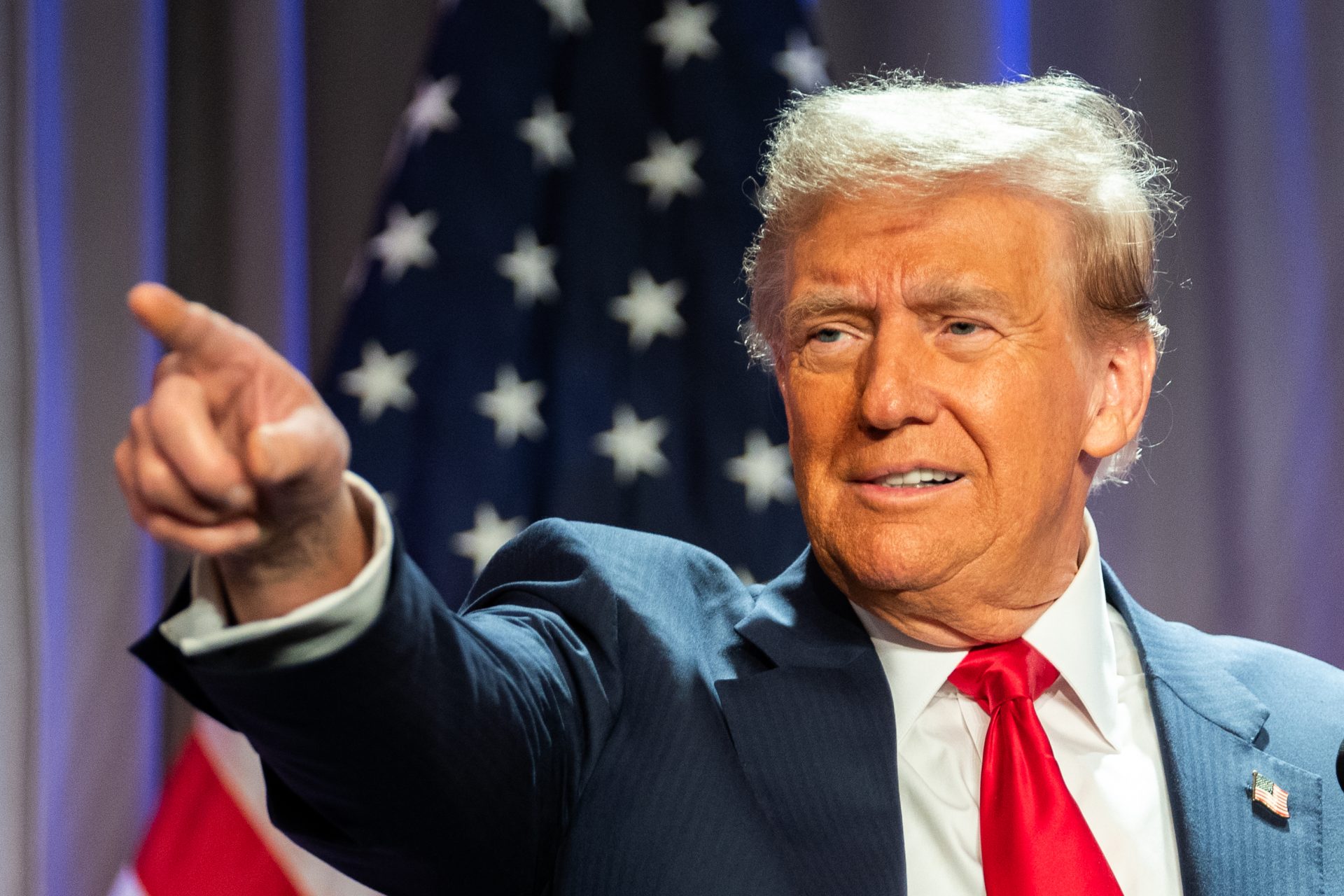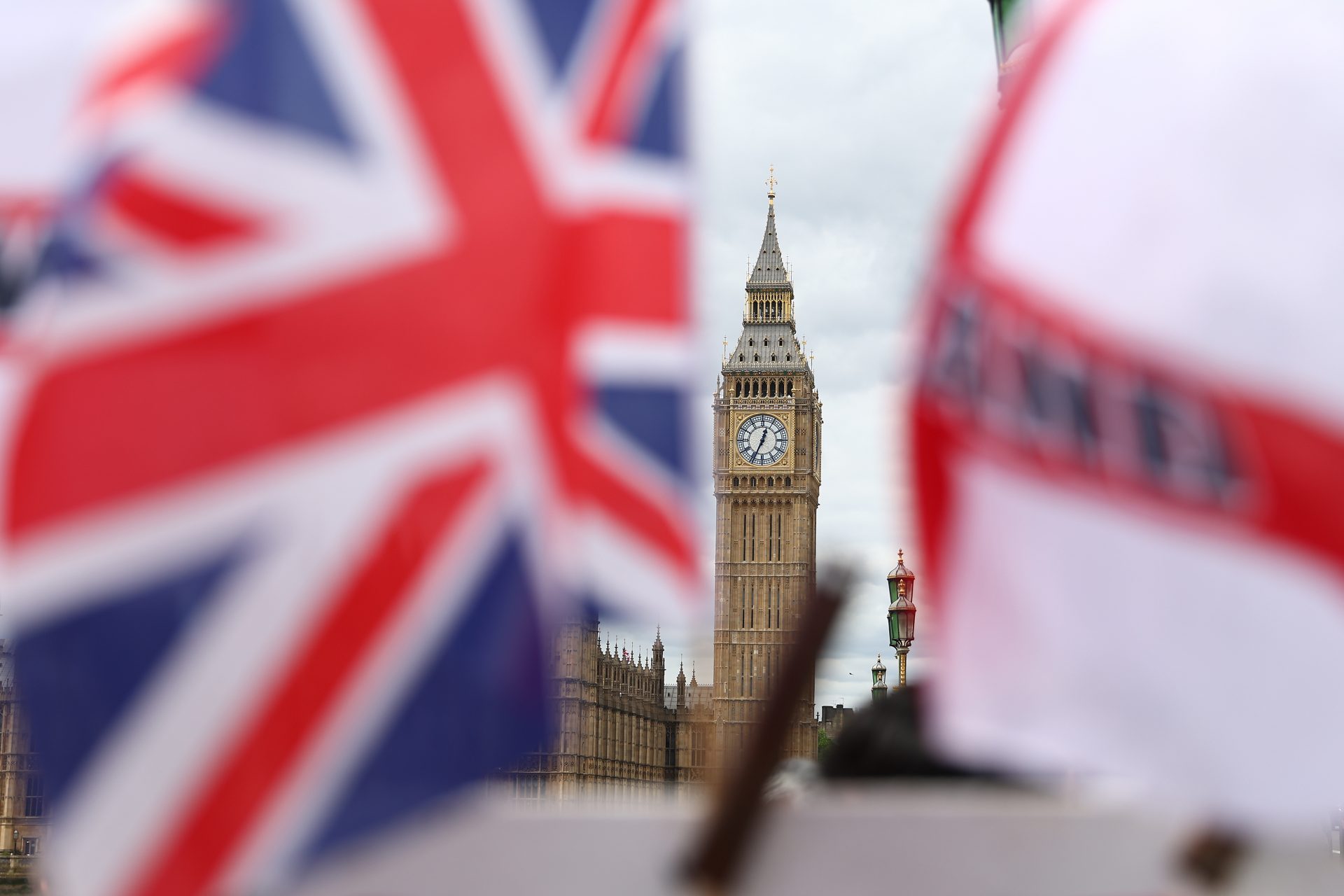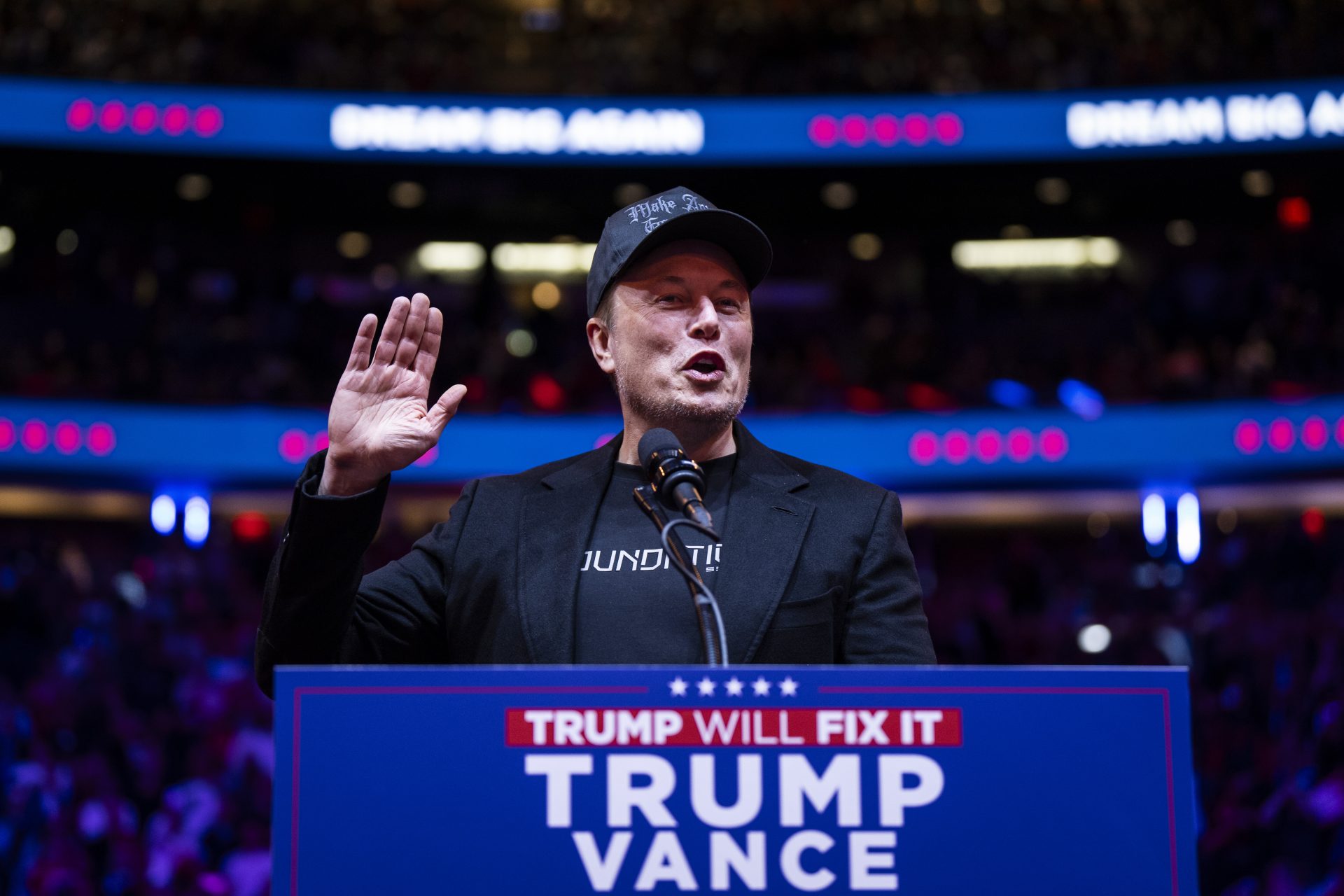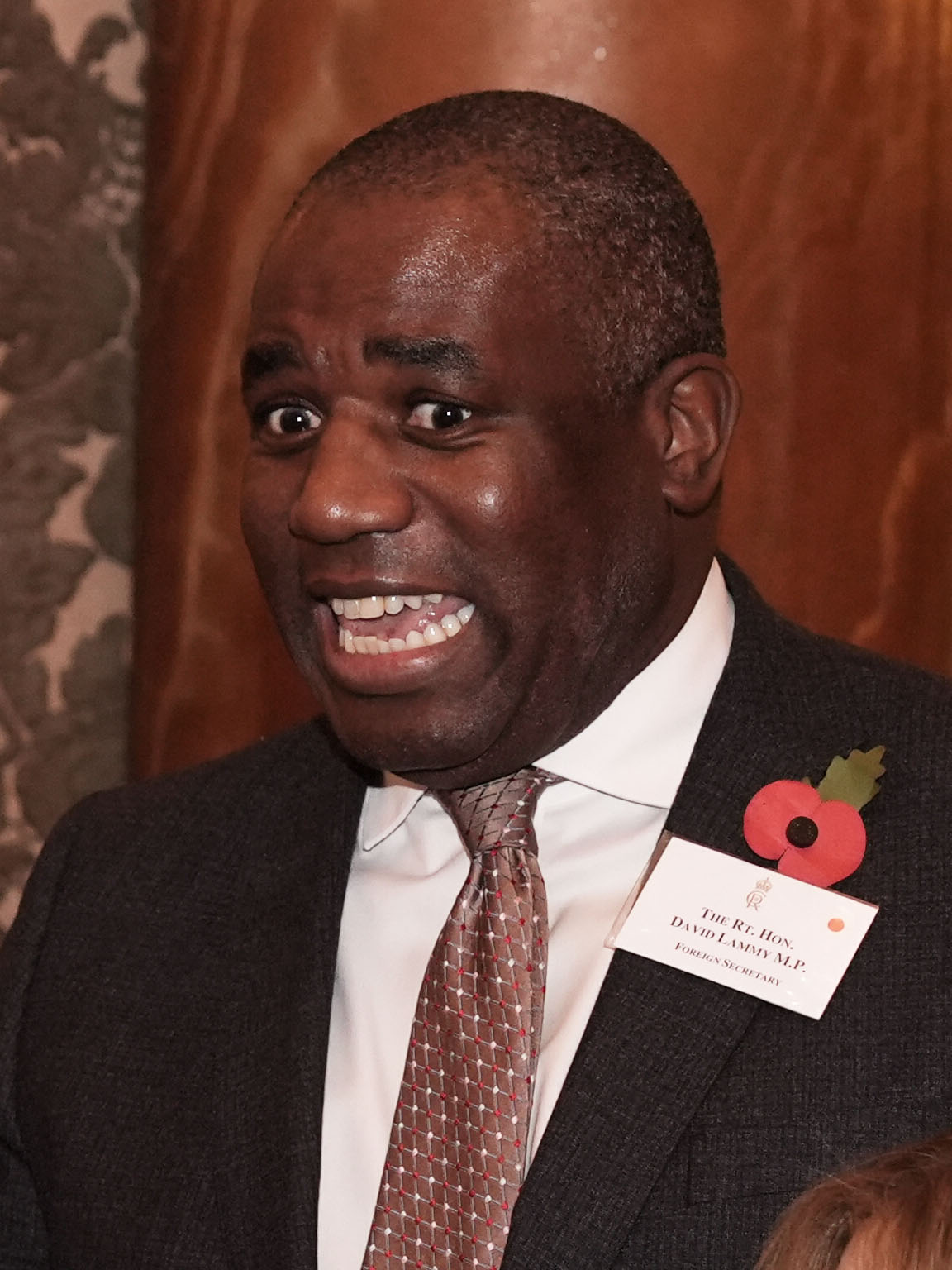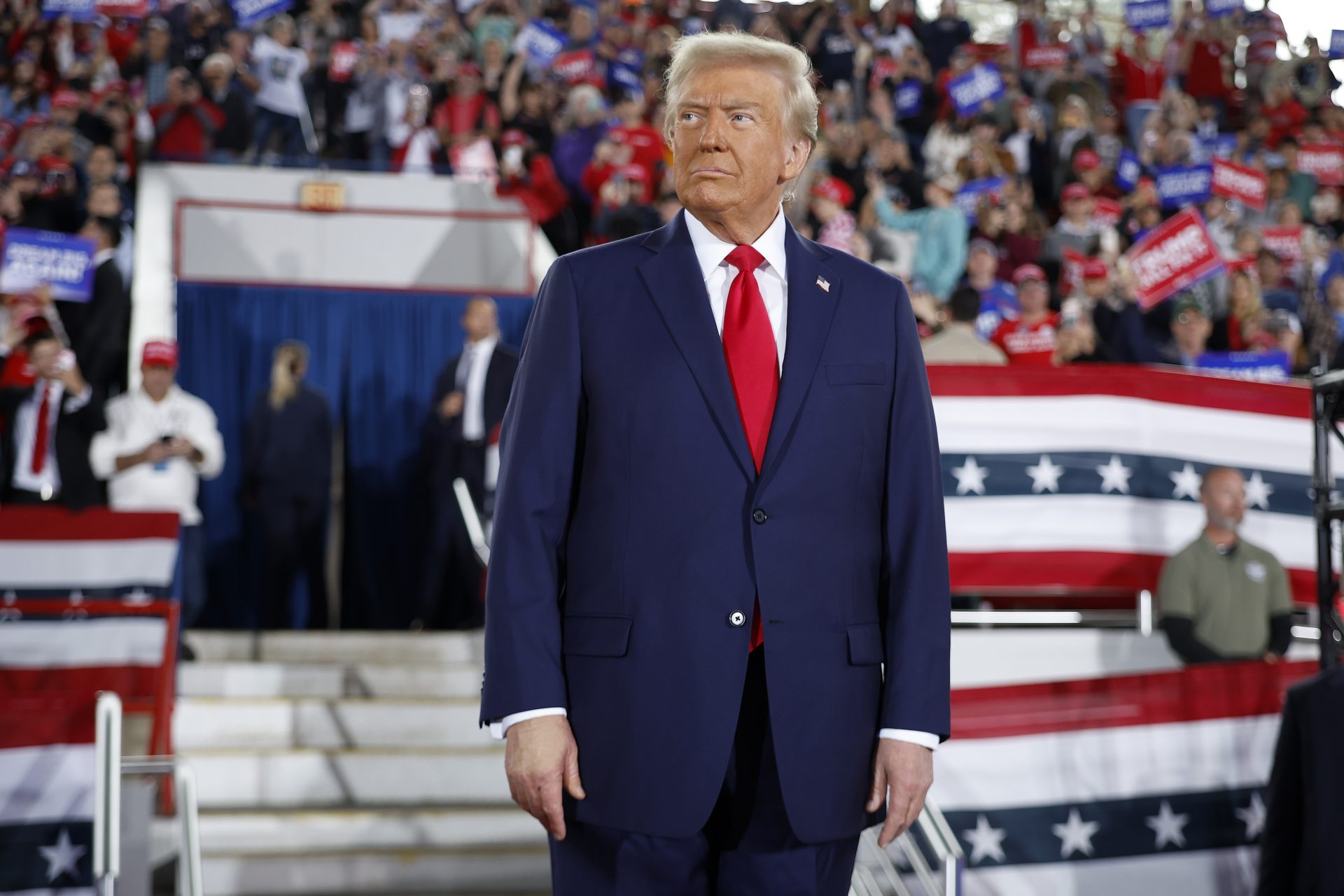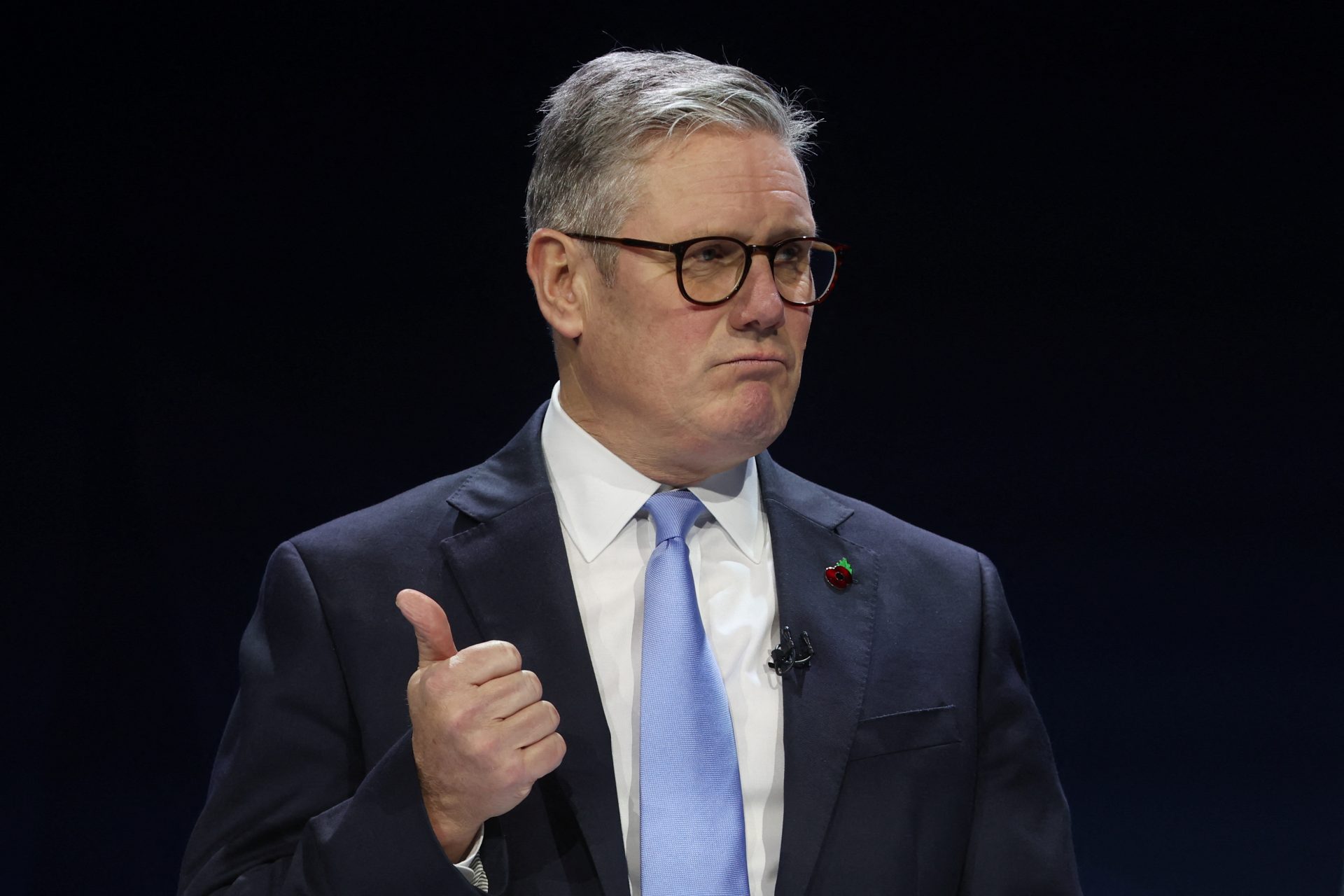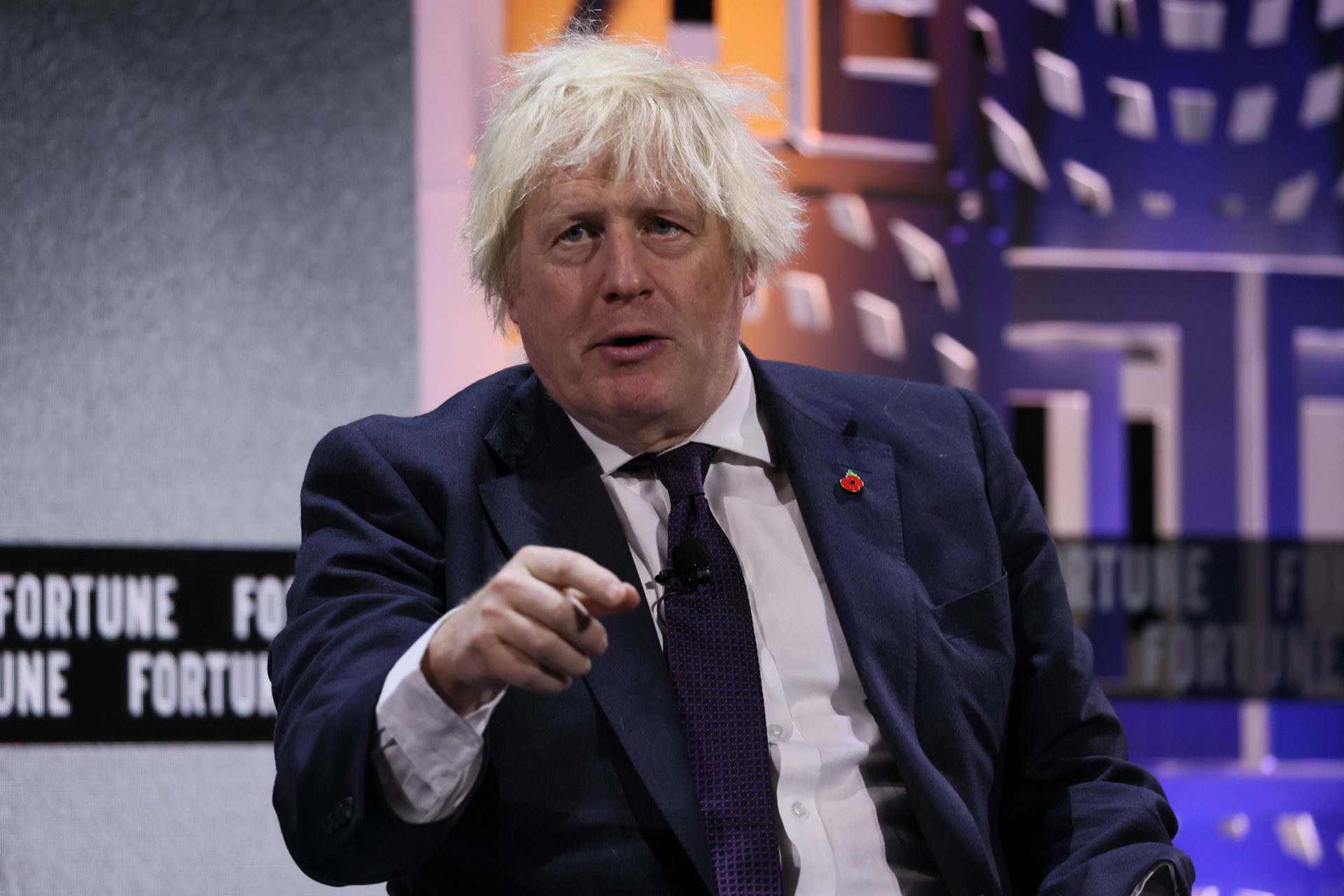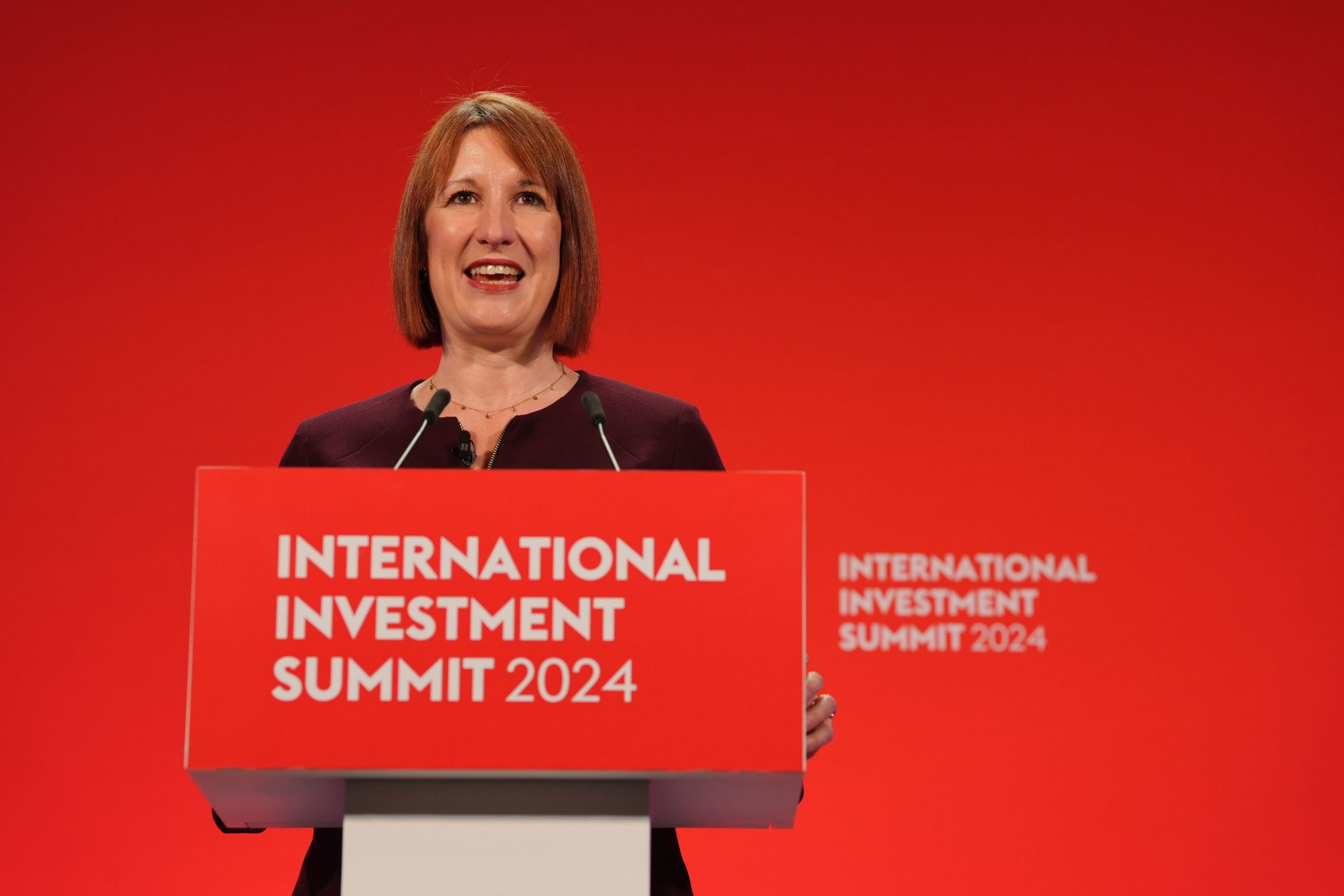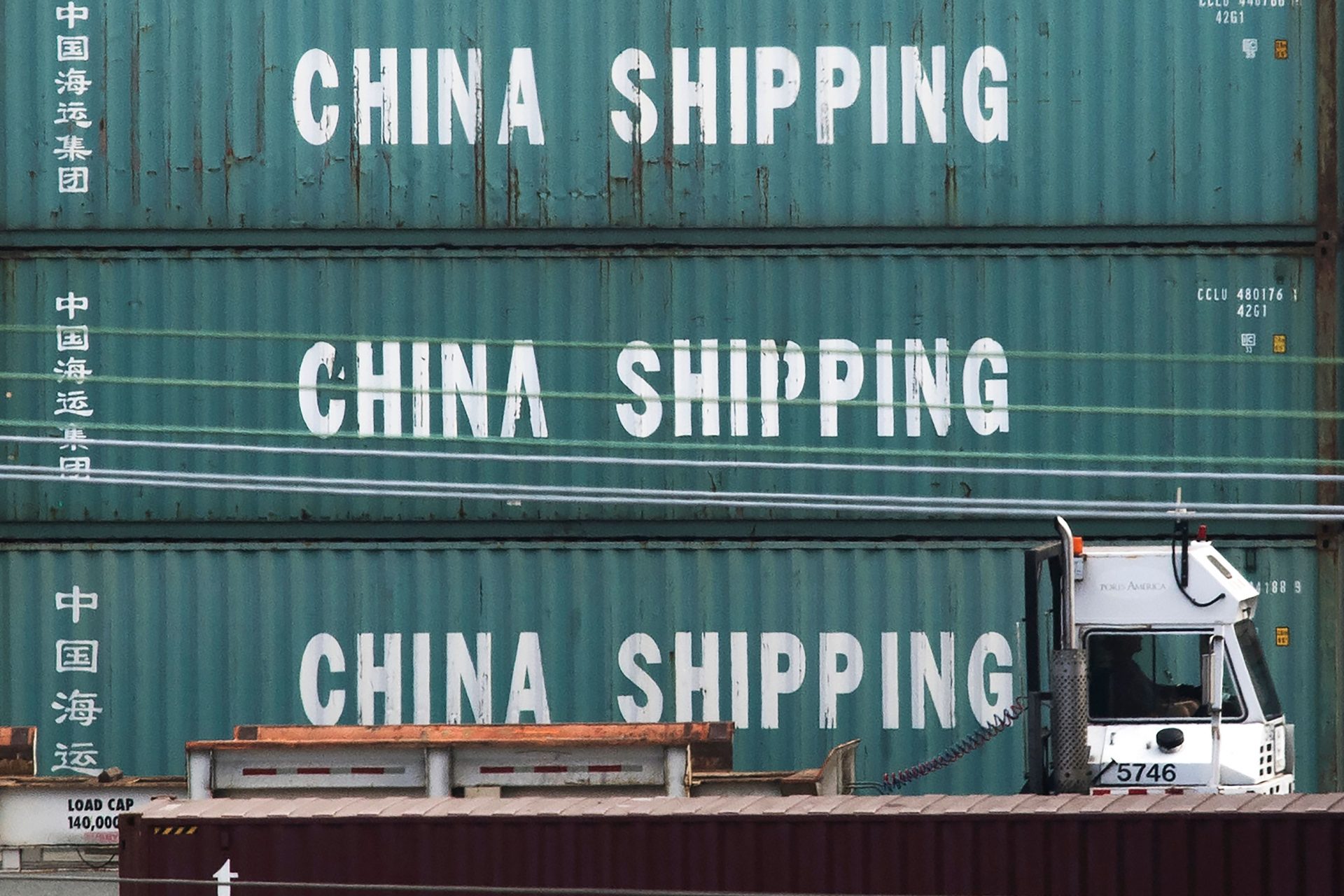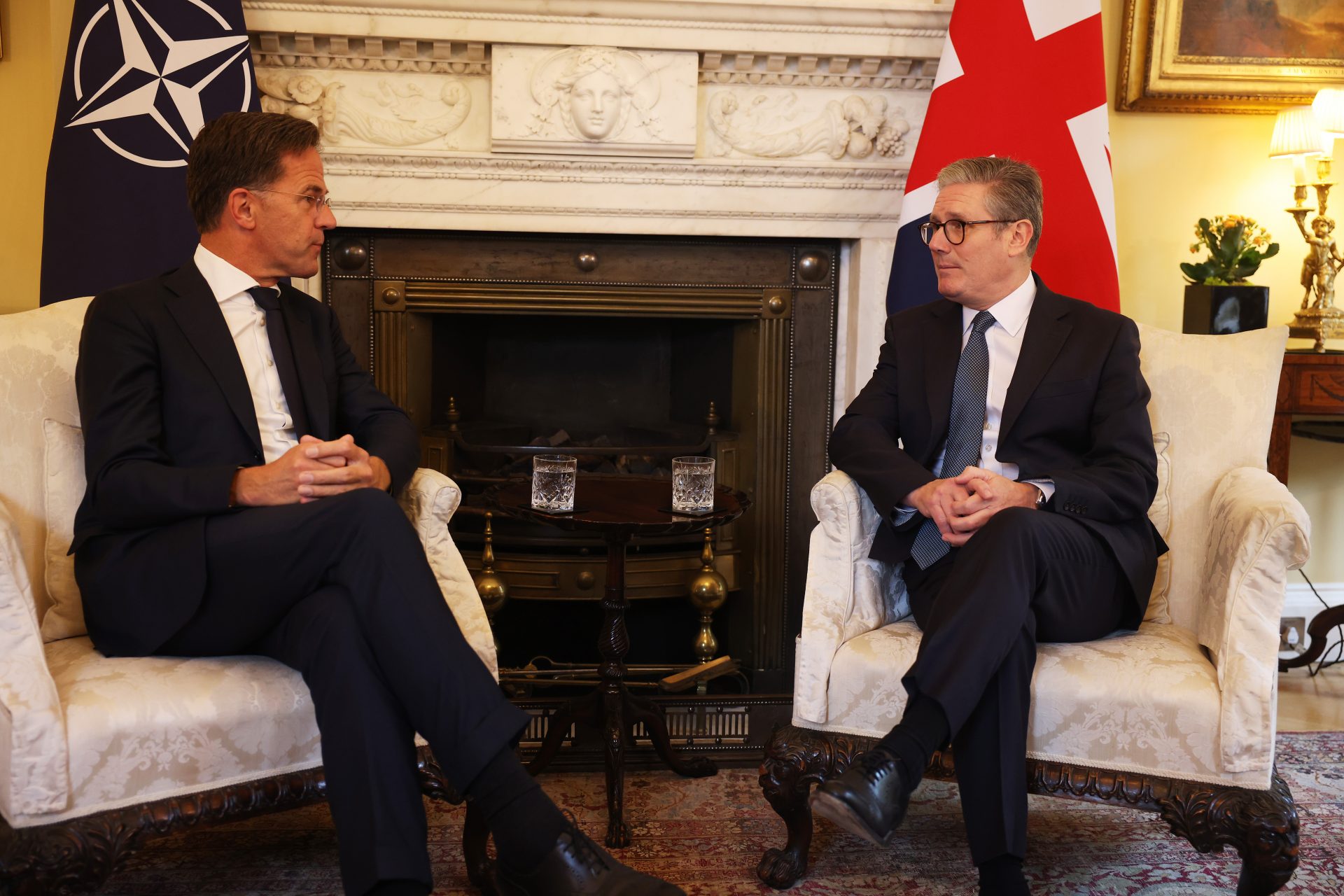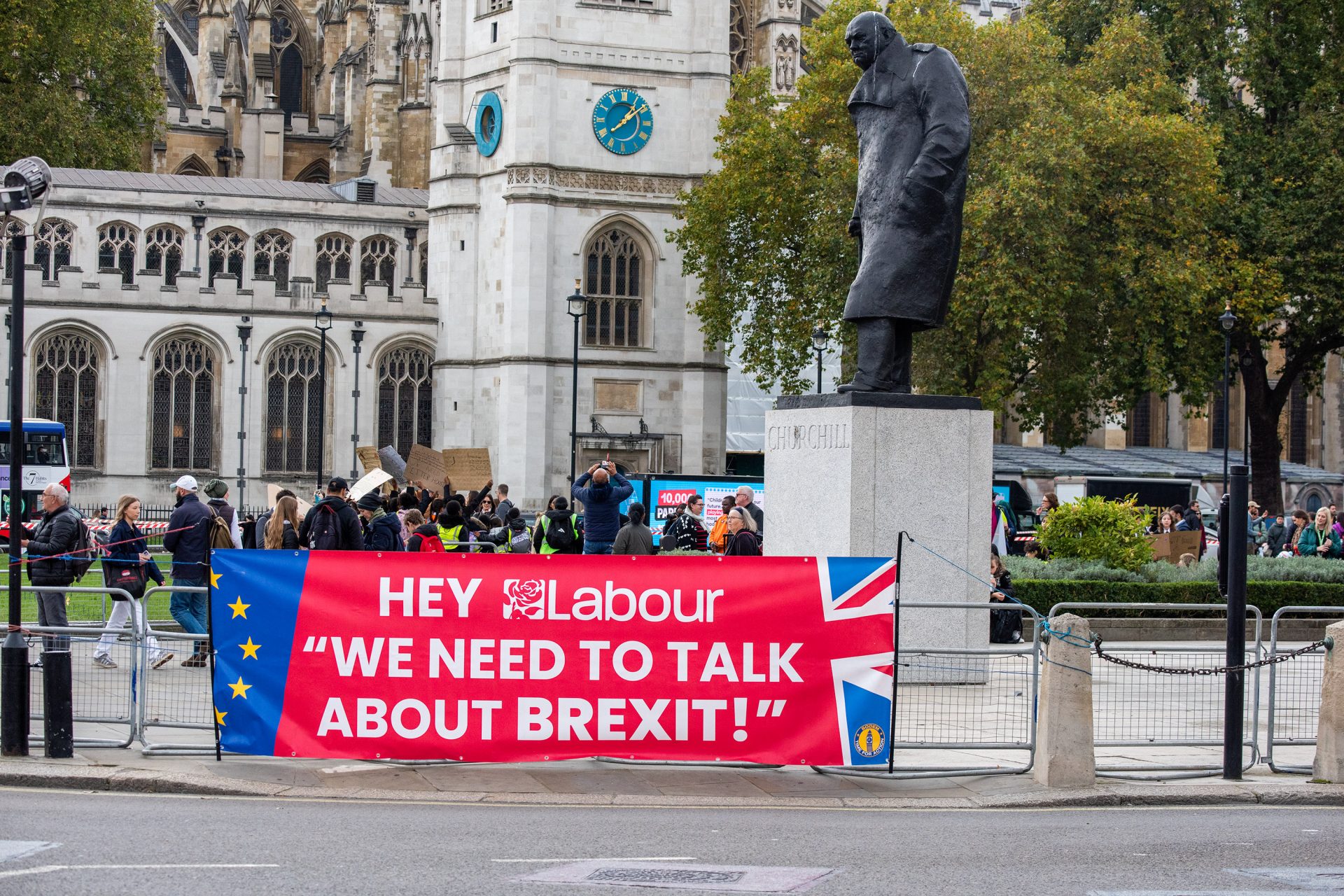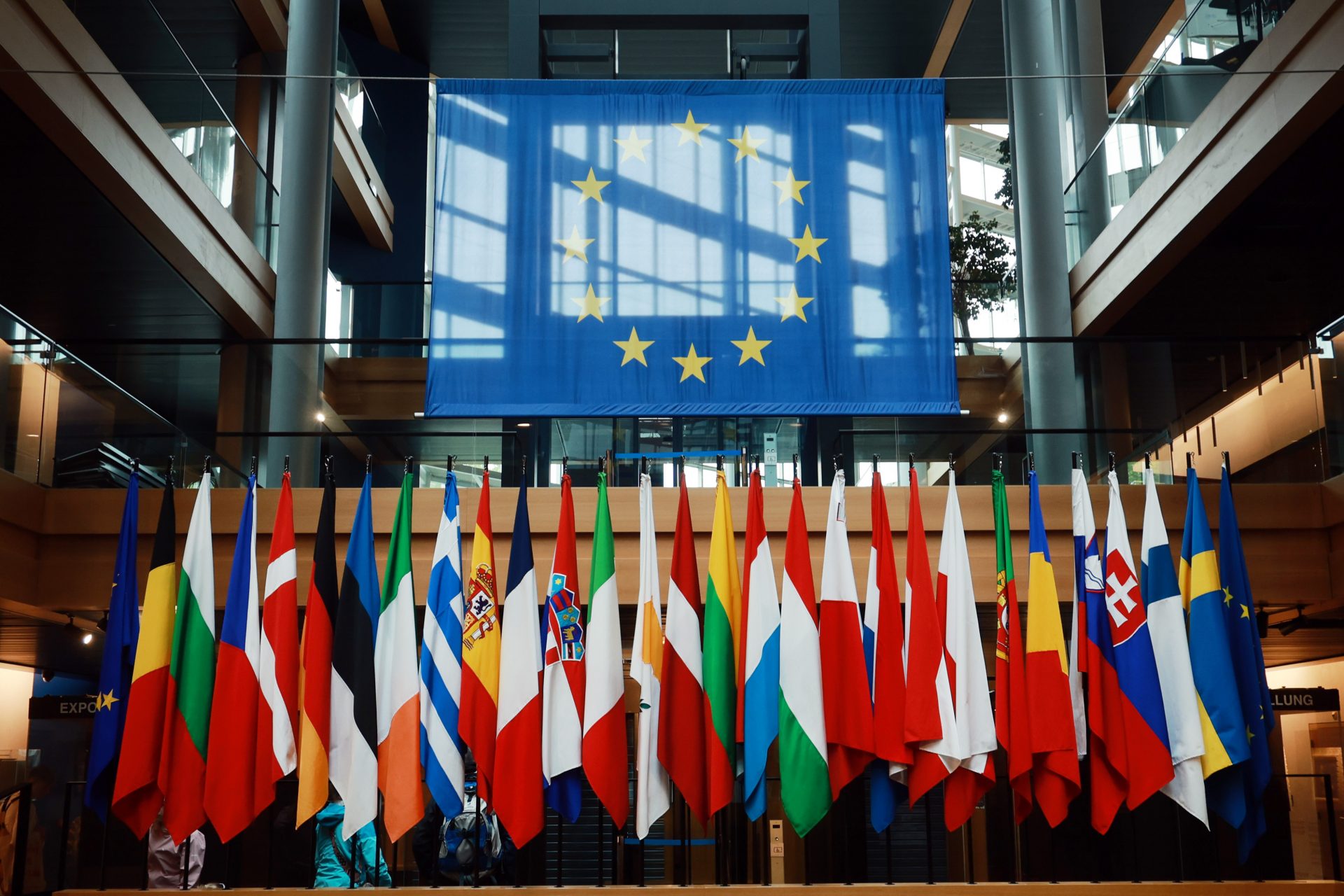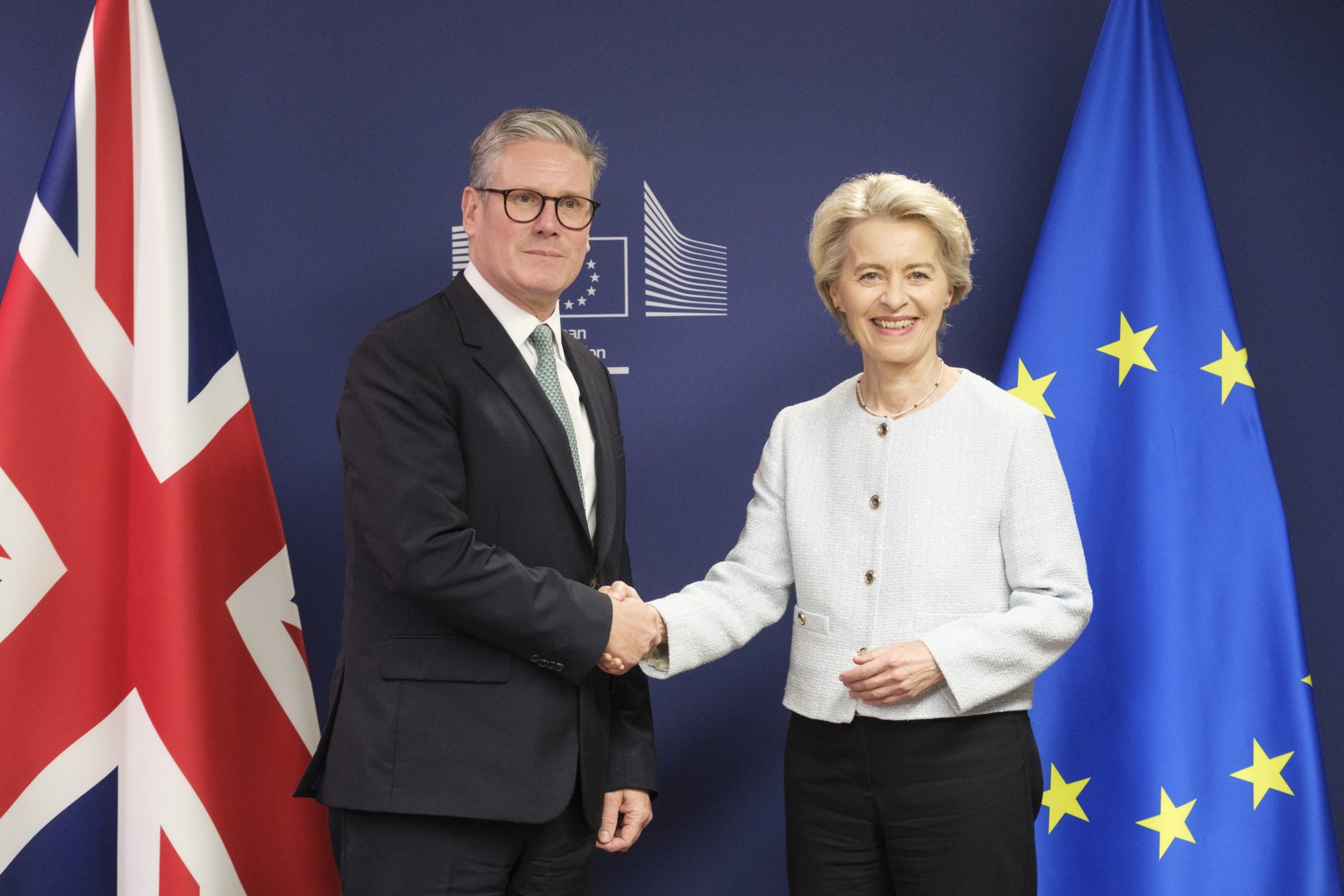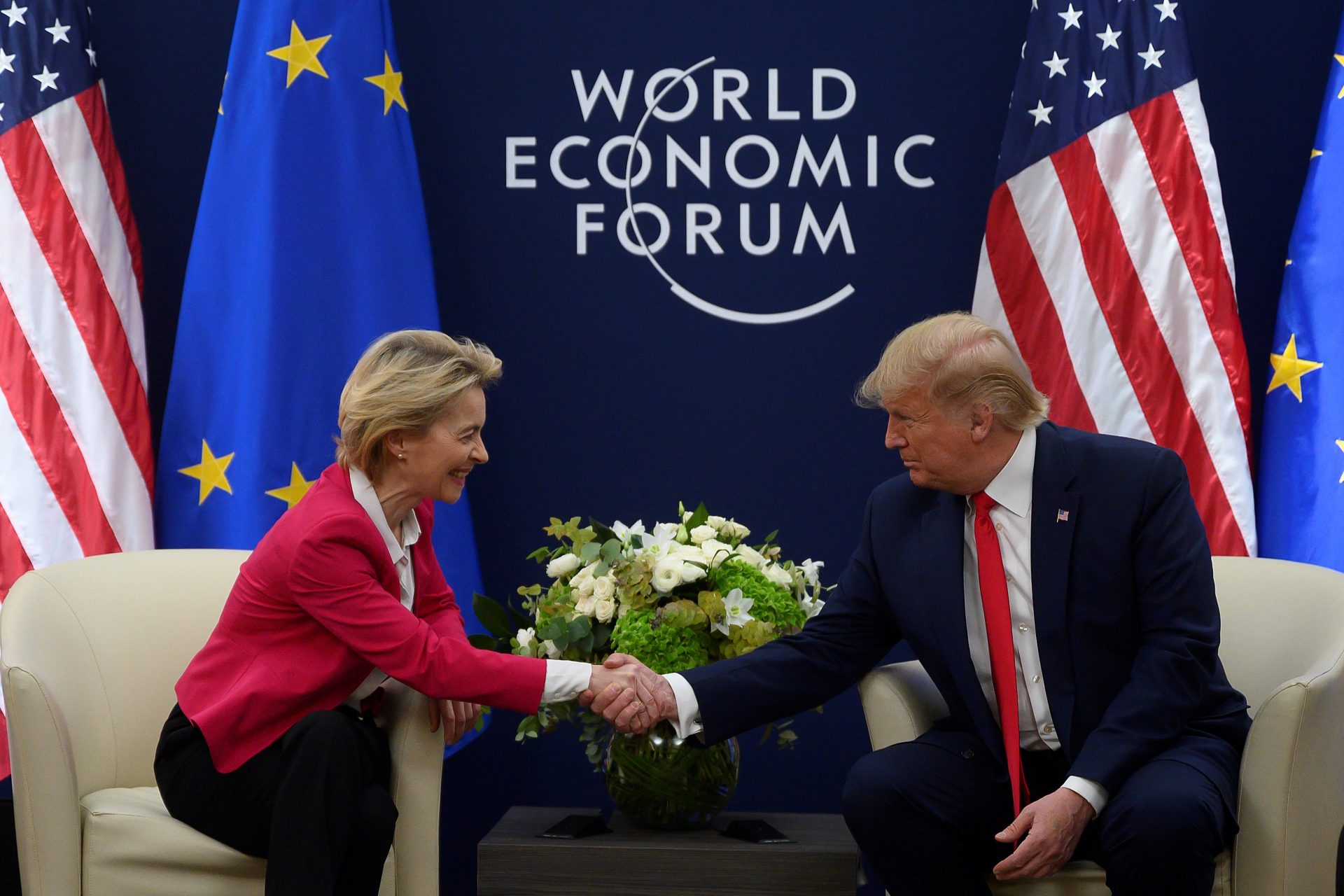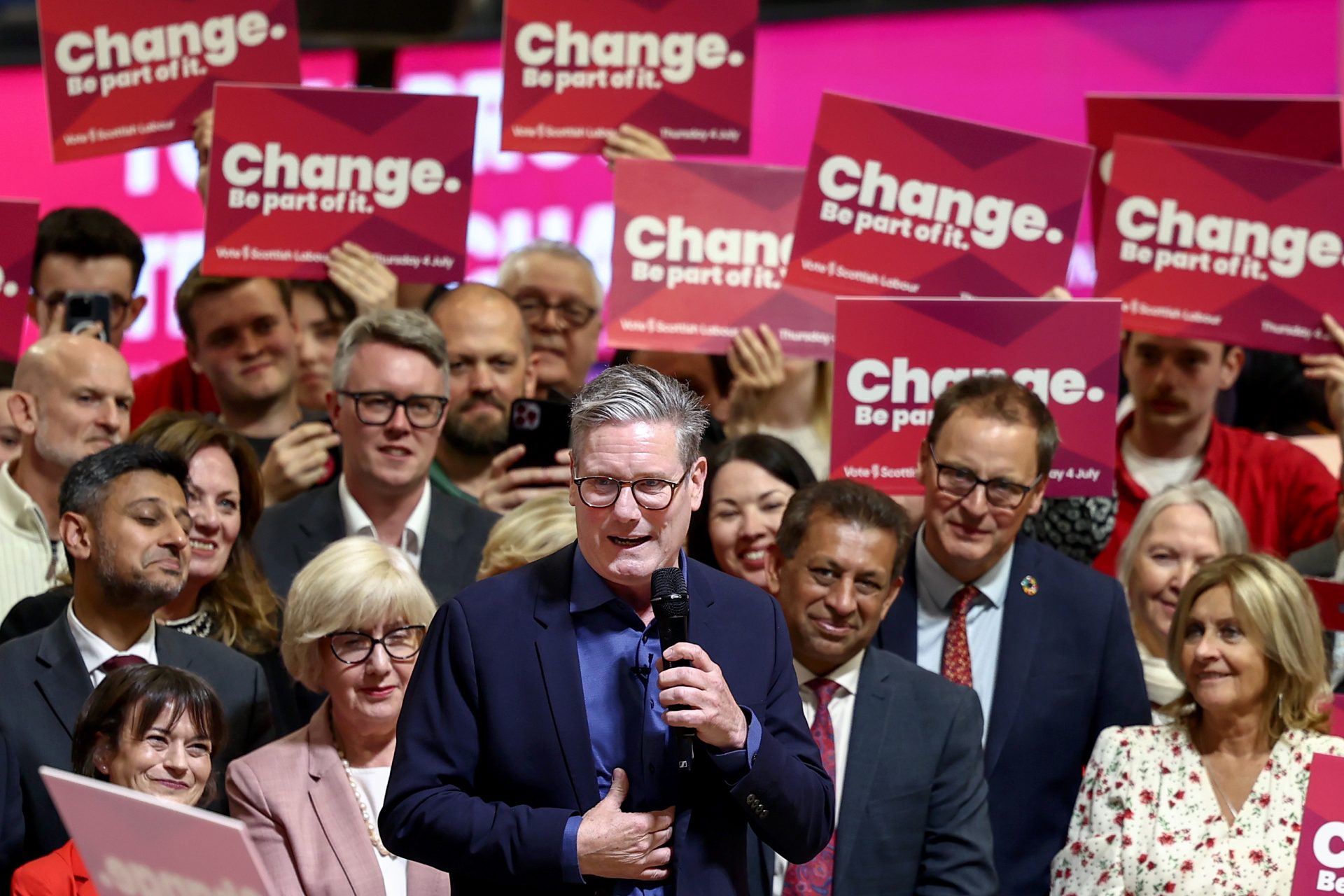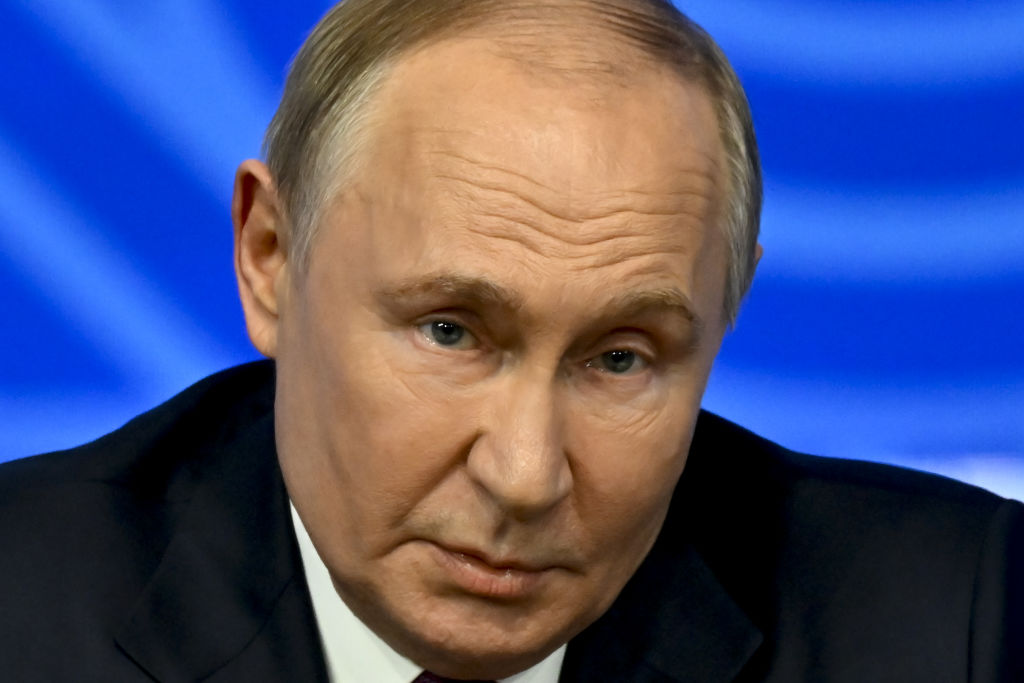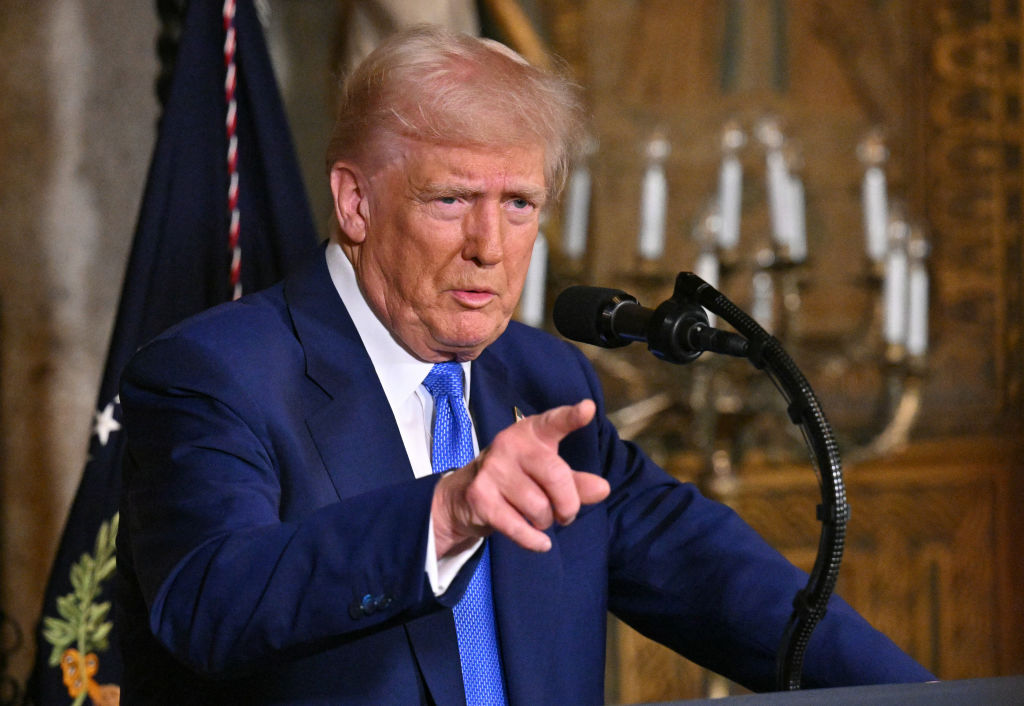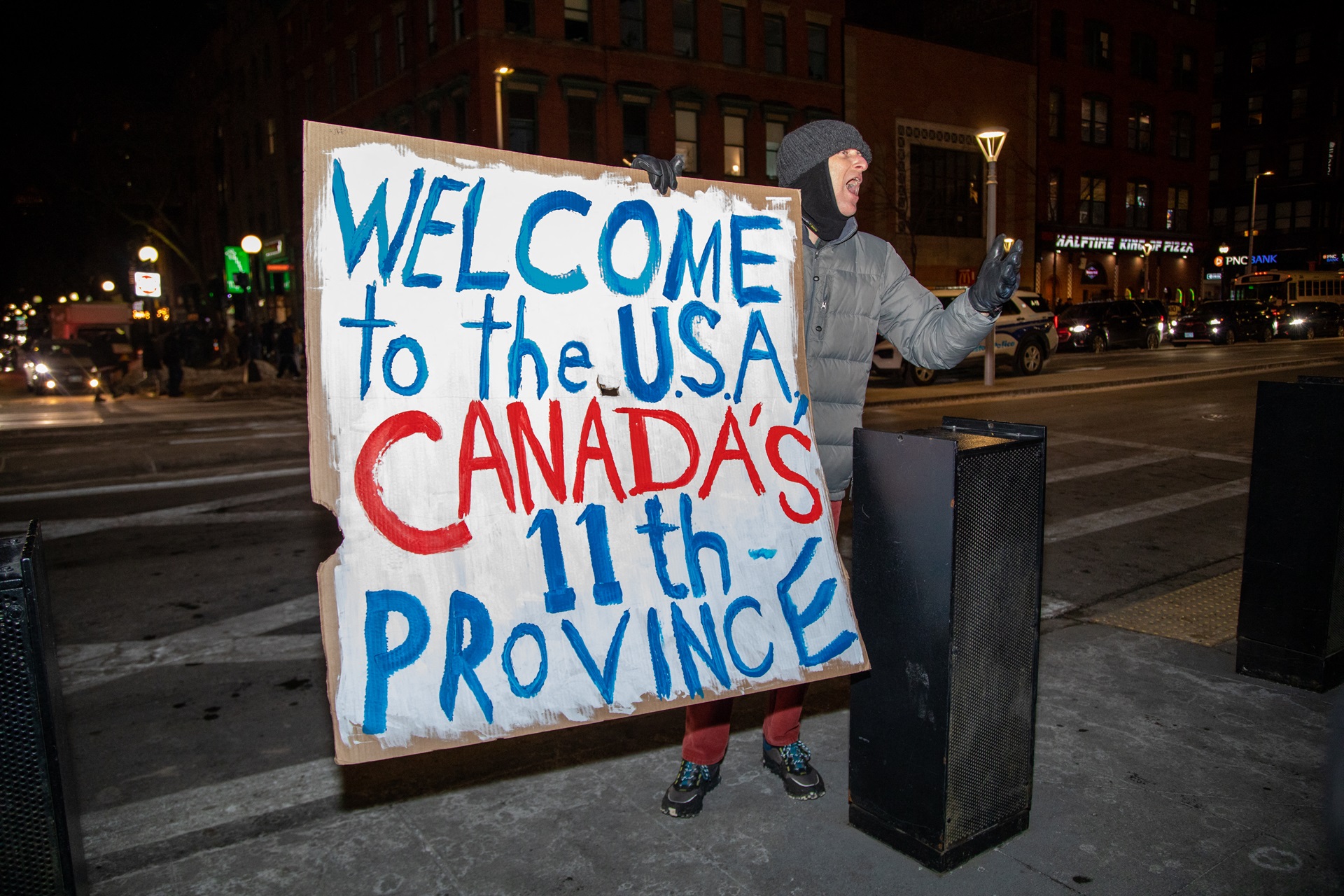A Trump presidency has Brexit Britain quaking at the knees
Donald Trump’s fast approaching occupancy of the White House is not quite what Britain had in mind when it voted to leave the European Union.
Now the UK finds itself caught between a rock and a hard place, with the EU spurned and the US – its other biggest trading partner and security guarantor – threatening trade tariffs of up to 20% and a cut to its Nato budget.
To make matters worse, tech trillionaire Elon Musk has become Trump’s right-hand man and efficiency tsar with some even calling him “Trump’s brain,” according to the BBC’s Today program.
The Labour government’s relationship with Musk grew fraught last summer when Musk was seen to fuel the ultra-right riots that broke out across the country on his social media site, X.
Add to the toxic mix, the UK’s foreign secretary David Lammy’s less than complimentary comments about the President elect.
In 2018, as a backbench MP, David Lammy called Donald Trump a “tyrant in a toupee” and a “woman-hating, neo-Nazi-sympathizing sociopath.”
Now, Lammy is scrambling to make amends, calling Trump “often misunderstood” and claiming JD Vance as “my friend.”
A nervous Starmer, on the other hand, was one of the first to congratulate Trump on his sweeping November 5 election win.
But the fact remains, a Trump administration is far from good news for a post-Brexit Britain which has been struggling economically in recent years, with growth trailing both the EU and the US.
“What Trump wants to do on tariffs will hit us very hard indeed,” journalist and author Andrew Marr said in the New Statesman.
“We’re talking about a 1% hit on GDP growth. It’s very tough news for the Labour party when it comes to economics.”
According to the Financial Times, the UK could try to persuade Trump that it should be excused from the punishing tariffs.
The response to the request is, like Trump himself, unpredictable, but a deal might be struck with the UK paying more for defense in return.
Another approach to saving the UK’s fragile economy from a downturn could be to cozy up to the EU and build on the moves Starmer has already been making for closer ties.
But the Financial Times lays out three reasons why rowing back on Brexit may not be either feasible or advisable.
Firstly, the news site points out that Europe’s future as a block looks precarious, a situation exacerbated by Trump’s prospective tariffs.
Secondly, there is some doubt whether the EU would have any appetite to welcome Britain back, with all the wrangling that might entail.
And finally, Brexit is a polarizing issue which has already divided the country once and should probably not be revisited just yet.
On a more optimistic note, Andy Haldane, the former Bank of England chief economist, said in The Guardian that while America goes protectionist, Britain must do the opposite and become “a beacon of stability” in a stormy scenario.
It should schmooze both the EU and the US because seeking closer ties with the EU “does not preclude, as difficult as it will be, seeking out a free trade arrangement with the US under a new Trump presidency,” he pointed out.
“There is huge potential here to do something quite big and bold, to tell a different story,” he concluded.
More for you
Top Stories



